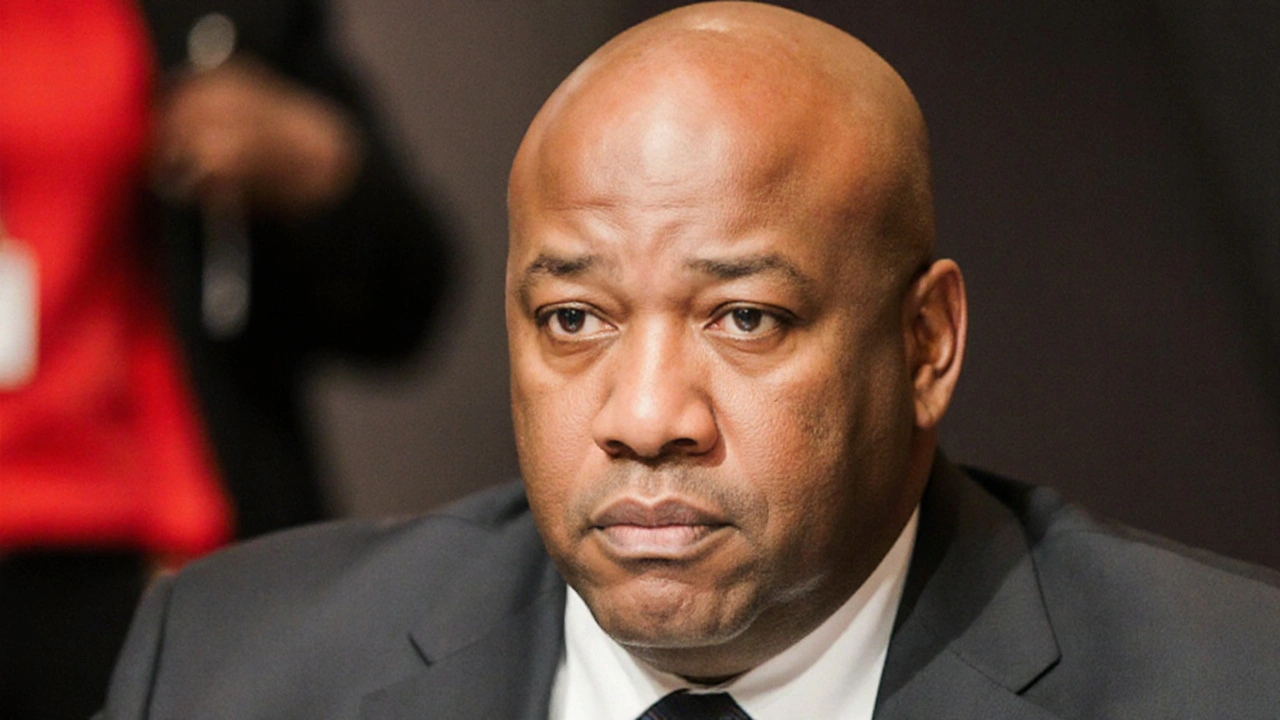- Liverpool Star Diogo Jota and Brother Killed in Tragic Car Crash Near Zamora Jul 3, 2025
- Vinicius Junior Emerges as Top Contender for 2024 Ballon d'Or Post Real Madrid's Champions League Triumph Jun 2, 2024
- Ellison’s 2016 Villa Bid and Musk’s 2025 Liverpool Rumor Spark Premier League Ownership Fever Oct 3, 2025
- EFCC Achieves Over 3,000 Convictions and Recovers Over N156 Billion in Anti-Corruption Drive May 30, 2024
- Dave Chappelle’s Sold-Out Show in Nairobi Highlights His Global Appeal May 27, 2024
Government of National Unity: definition, purpose and African examples
When you hear "Government of National Unity" (GNU), think of a coalition that brings rival parties together after a crisis. It isn’t a regular cabinet; it’s a power‑sharing deal meant to calm tensions, keep the country moving, and avoid another burst of conflict. In Africa, you’ll find several GNU arrangements that were born out of elections, peace talks, or heavy societal pressure.
Why countries choose a unity government
First, a GNU can stop violence. After a disputed election or civil war, the losing side often refuses to accept the result. By giving them a seat at the table, the winning side reduces the risk of protests, sabotage, or even armed clashes. Second, it boosts legitimacy. International donors and neighboring states look more favorably on a country that shows it’s listening to all major voices.
Third, a GNU helps tackle big problems that no single party can handle alone—think economic collapse, pandemic response, or constitutional reform. When ministries are shared, the burden of policy‑making is spread, and decisions can reflect a broader consensus. Finally, it’s a stepping stone toward long‑term stability. Some countries use a GNU as a temporary bridge, planning to return to normal partisan politics once the crisis passes.
Notable African unity governments
South Africa’s GNU after the 1994 election is the classic case. The African National Congress, National Party, and Inkatha Freedom Party formed an inclusive cabinet that helped transition from apartheid to democracy. The arrangement lasted five years, giving different groups a chance to shape the new constitution.
Kenya tried a GNU in 2008 after post‑election violence. President Mwai Kibaki and opposition leader Raila Odinga shared power in a grand coalition, appointing Odinga as prime minister. The unity government oversaw a new constitution in 2010 but eventually broke apart over corruption scandals.
Nigeria’s 2023 election sparked calls for a GNU, but the political climate didn’t allow it to materialise. Analysts argue that a well‑designed GNU could have eased tensions in the North‑South divide and addressed security challenges in the Niger Delta.
These examples show that a GNU can work, but success depends on clear rules, mutual trust, and a shared goal of national stability. If parties keep fighting over the same issues, the GNU becomes a superficial façade rather than a real power‑sharing tool.
For anyone following African politics, watching how GNU agreements are negotiated and implemented offers a window into the continent’s evolving democratic practices. Keep an eye on upcoming elections in Ghana and Tanzania—both have vocal civil society groups urging unity governments if results turn contentious.
Gayton McKenzie's Fallout Threatens South Africa's Fragile GNU
- Katlego Sean Mahaye
- Sep 27, 2025
Sports, Arts and Culture Minister Gayton McKenzie's string of scandals is shaking the Government of National Unity. From resurfaced racist posts to missing R3 million and alleged gang ties, the Patriotic Alliance leader has warned he may quit the ANC‑led coalition. The turmoil highlights how divergent parties struggle to co‑govern a divided nation.
